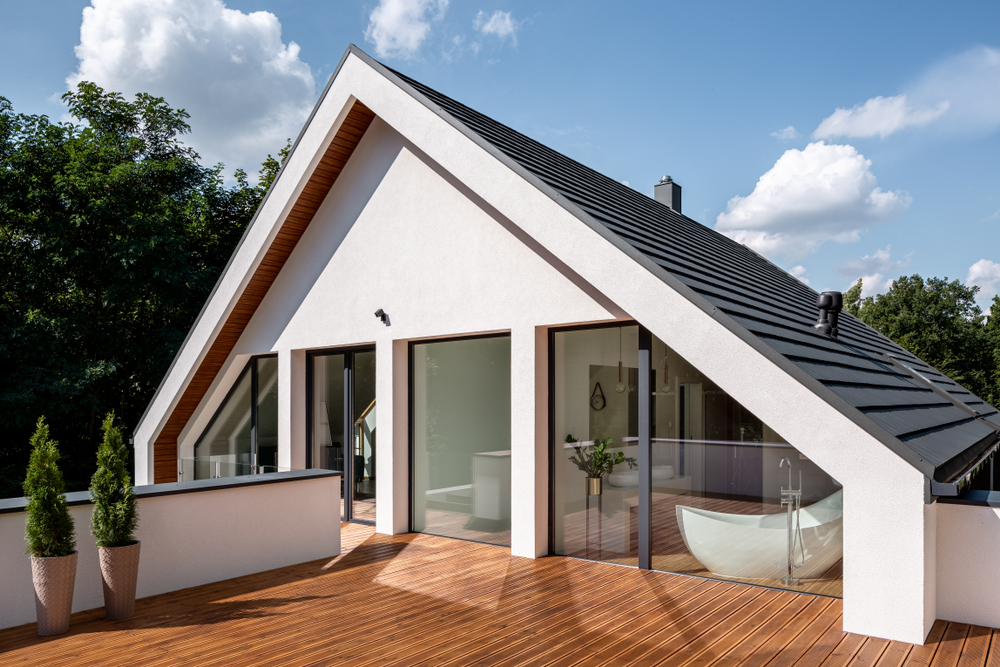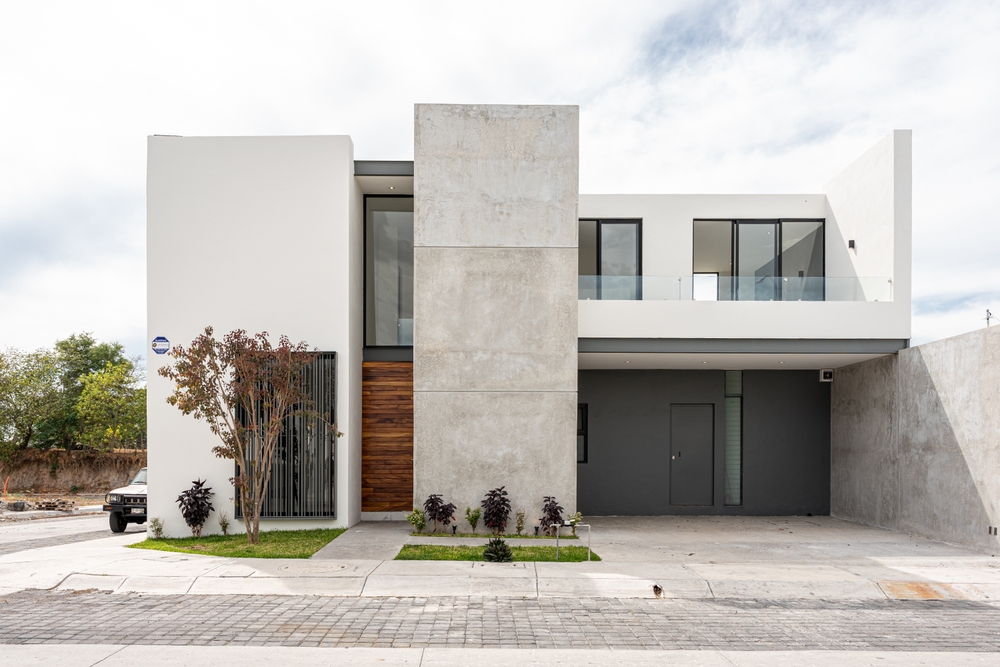Superstitious beliefs in the Philippines about households have long influenced how people build homes and go about their daily lives. Most Filipinos are familiar with customs like not sweeping the floor at night or waiting for everyone to finish eating before clearing the table. But these are only a few examples of Filipino superstitious beliefs. And no, having a wooden spoon and fork or a “Last Supper” painting on display in the dining room doesn’t count as one.
These beliefs are often passed down through generations and serve as guidelines to avoid misfortune or attract good luck. They aren’t the type of advice you’ll find in a home buying guide, yet they remain significant in Filipino culture. For Filipinos, a house is not just a shelter, but a space filled with energy and spirits, where these Superstitious beliefs of Filipinos can deeply shape decisions around homebuilding and everyday practices.
Homes, in Filipino culture, represent security, family, and legacy. With so much emphasis placed on the home, it’s no surprise that many superstitions surround it. In this article, we’ll explore some of the most well-known superstitions related to Filipino households and how they help ensure a harmonious living environment.
Cultural and Historical Context
Filipinos have a deep-rooted sense of superstition, which dates back to pre-colonial times when indigenous communities practiced animism, believing that spirits inhabited both natural and man-made objects. Over time, these animistic beliefs evolved, influenced by Spanish colonization, Catholicism, and Chinese practices such as feng shui.
The result is a unique blend of superstitions that combine Filipino, Chinese, and Catholic influences. Despite modern advancements, many Filipinos still practice these beliefs today as part of their cultural heritage.
Now, if you’re an OFW who has lived elsewhere, you may have also picked up some beliefs that you may bring home. So, make sure to also consider these before you buy a house and lot for sale in the Philippines for OFWs.

What are the Impacts of Superstitions on Modern Filipino Households
Even in the age of technology, superstitious beliefs are still influencing how Filipinos build and manage their homes. Well, who does want to leave luck up to chance?
Filipinos who purchase homes in developing areas, such as a pre-selling house in Cavite, often incorporate these superstitions into their decision-making process. Some people consider the home’s layout or pick an ideal lot based on beliefs that promise good fortune. With the right balance of tradition and contemporary living, these practices persist even in modern homes.
Examples of Filipino Superstitious Beliefs
What are the superstitious beliefs in the Philippines? There are countless examples, but for this article, we’ll focus on household-related beliefs. These range from choosing the right lot to everyday activities like cleaning and dining. Here are some of the most popular Filipino superstitious beliefs about households.
Well, there’s just so much that one article won’t be enough. But for this one, we’ll focus on Filipino superstitious beliefs related to households. From beliefs that touch on selecting a lot to daily activities, we’ve listed some of the most known beliefs below, so keep them in mind when you’re ready to buy a house and lot in General Trias:

Selecting a Lot
Before construction happens, there are already examples of superstitious beliefs in the Philippines that come into play. It’s not just about picking a convenient location, but also avoiding certain “unlucky” features:
- Avoid Dead-End Streets: In some areas, buying a house at the end of a dead-end street is avoided, as it’s said to bring financial troubles or even death to a family member.
- Choosing Rectangular Cuts: If you’re purchasing land, opt for a rectangular or evenly shaped lot. Irregularly shaped lots are believed to disrupt harmony and bring challenges to the household.
- Lucky Snake: Contrary to the belief that black cats bring bad luck, spotting a snake on your property is thought to be a sign of good fortune in both business and personal life.
House Construction
The construction phase of a house is another time when superstitions come into play, as it is believed to set the foundation for a home’s energy. From choosing the right day to starting the build to rituals performed during the construction process, every detail matters:
- Auspicious Dates and Times: Families often consult lunar calendars or an albularyo to choose an auspicious date for a groundbreaking ceremony. Building a house during the “new moon” is believed to attract good fortune, while constructing during a “full moon” is seen as bad luck.
- Coins in the Foundation: Placing coins, especially gold or silver, in the foundation of a home is said to ensure prosperity for its future residents.
- Wine Offering: Some believe in pouring wine into the foundation during the groundbreaking ceremony to please spirits residing on the land and prevent bad luck from entering the home.

House Layout and Design
Once construction is underway, the layout and design of the house come with their own set of superstitious beliefs for Filipinos.
- House Orientation: Many Filipinos believe that houses should face east, where the sun rises, symbolizing new beginnings and the flow of positive energy. Houses facing other directions may invite challenges. Furthermore, front doors should never align directly with back doors, as this is believed to allow good fortune to flow straight out of the house without staying.
- Stairs and Doors: It’s considered bad luck for a staircase to end directly in front of the main door, as this is thought to let wealth and prosperity flow out. Similarly, doors that face each other within the house may cause family conflicts.
- Triangular Roofs: Sharp, pointed architectural features, such as triangular roofs, are said to invite negative energy into the home. Filipinos often avoid such designs to maintain harmony.
Household Objects and Furnishings
Superstitions extend beyond the structure itself and into the placement of objects within the home. Here are some of the most common beliefs about household items.
- Clocks: A stopped clock should be fixed immediately because a non-working clock symbolizes stagnation and may bring misfortune.
- Plants: Certain plants, like bamboo or money plants, are believed to attract prosperity when placed inside the home.
- Furniture Placement: The head or foot of the bed should not face the door, as this is said to resemble the positioning of a coffin and could bring bad luck to the occupants.

Housekeeping and Maintenance
Keeping a clean and orderly house isn’t just a practical concern – it’s tied to several superstitions about energy and fortune.
- Sweeping at Night: One of the most well-known Filipino superstitions is that sweeping the floor at night will sweep away blessings and good fortune.
- Clutter: Maintaining a clutter-free home is believed to help positive energy flow freely. A messy or disorganized space is thought to attract negative energy and create confusion.
- Neglected Houses: Homes that are neglected or unclean for extended periods are believed to attract spirits or negative entities, which can cause illness or bad luck to the residents.
Household Activities
Even daily activities like cooking and dining have their own superstitions.
- Eating Customs: Clearing the table before everyone has finished eating is believed to doom the unfinished diner to a life of singleness.
- Nighttime Grooming: Cutting hair or nails at night is frowned upon, as it’s believed to invite bad luck or illness.
- Family Rituals: Many Filipino families continue to observe traditions such as house blessings or saying prayers to keep spirits and negative energy at bay.
Keeping a Harmonious Home
While it may be difficult to follow every superstitious belief, especially with so many to consider, the goal is to create a harmonious home. Ultimately, traditions should be balanced with modern living. Spending quality time with family and creating positive experiences is just as important as following these superstitions.
Making new memories by going on an adventure and seeing what General Trias, Cavite is known for is an excellent first step that can make your household happier.
When you’re ready to invest in a home, take these superstitions into account, but also enjoy the modern amenities that come with properties such as a house and lot in General Trias. With the right balance of tradition and comfort, you can ensure both good fortune and harmony in your home.
